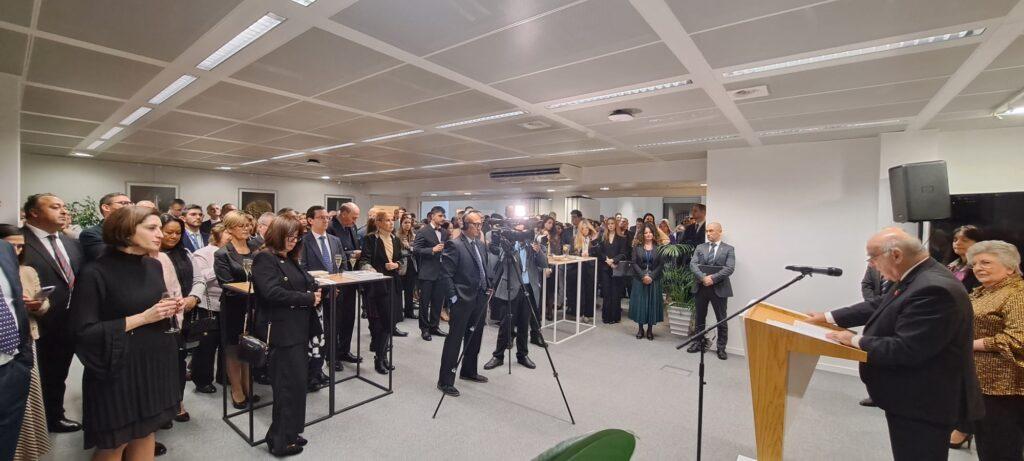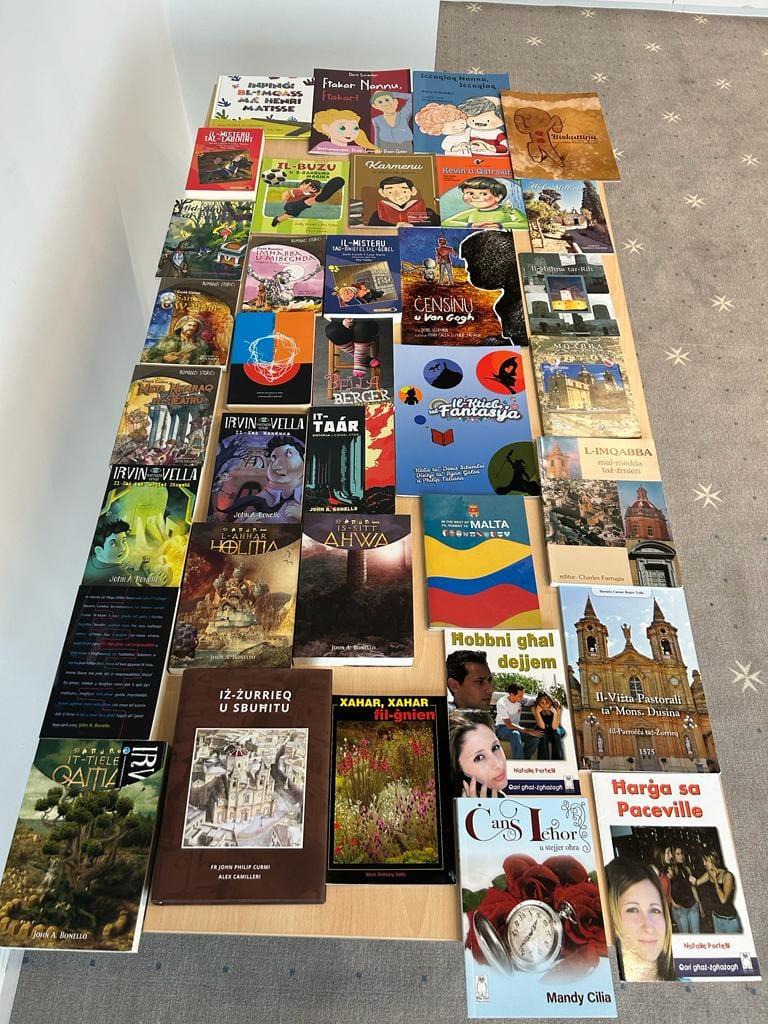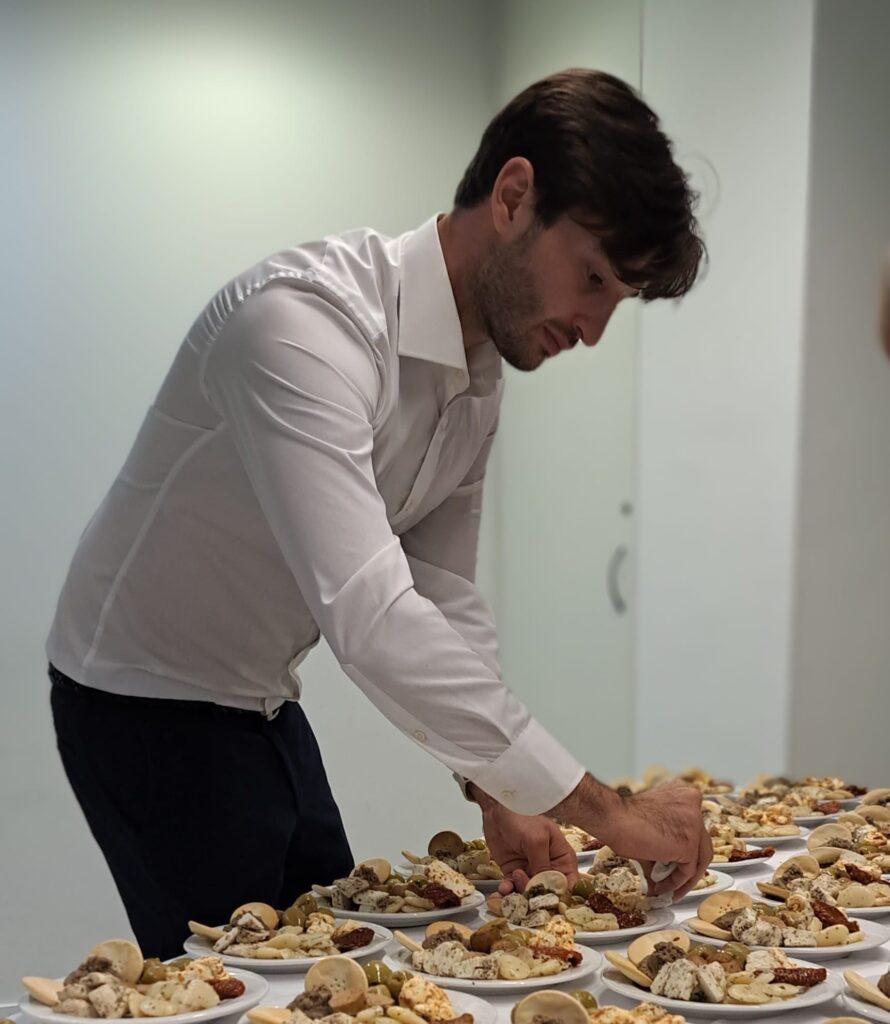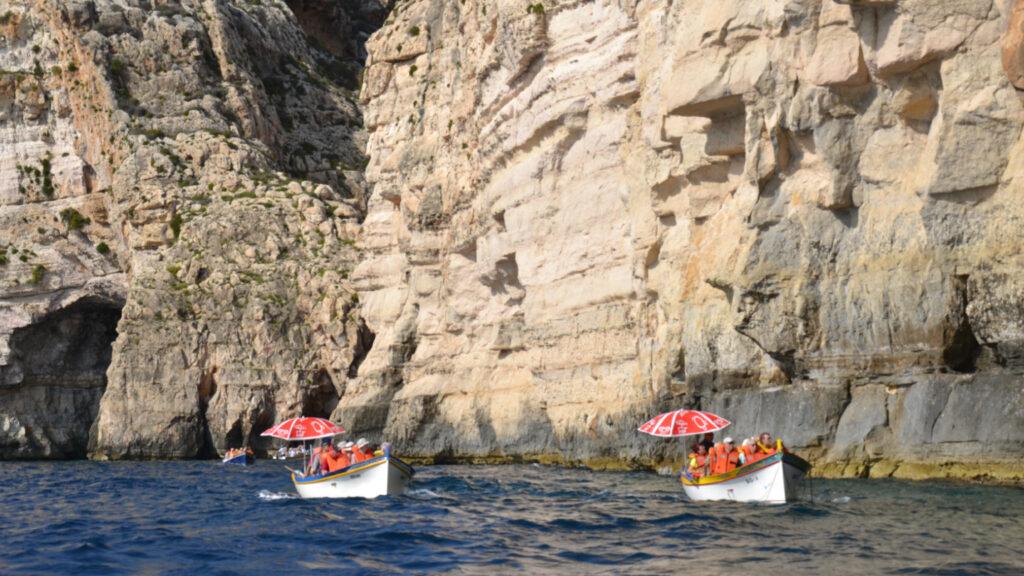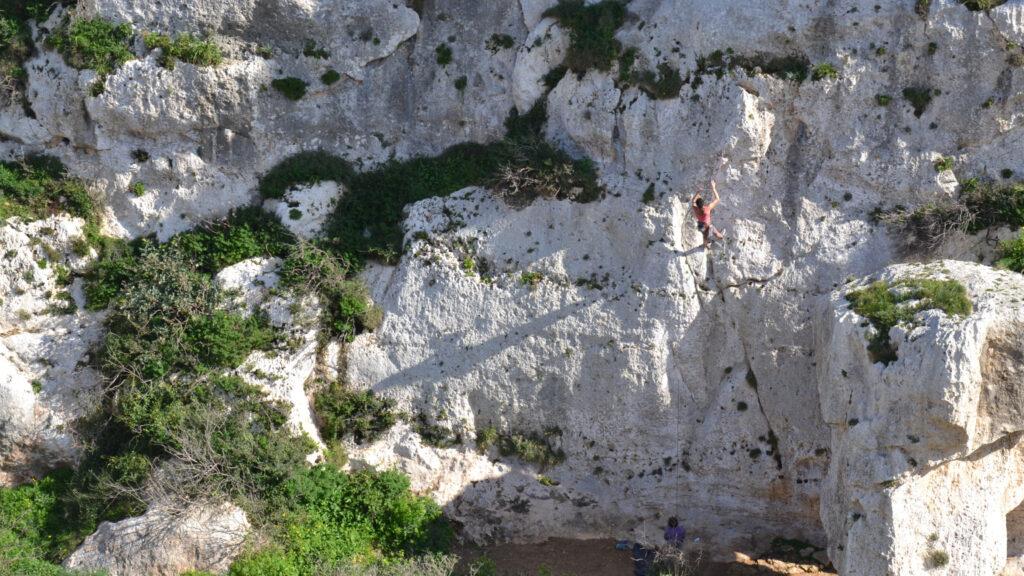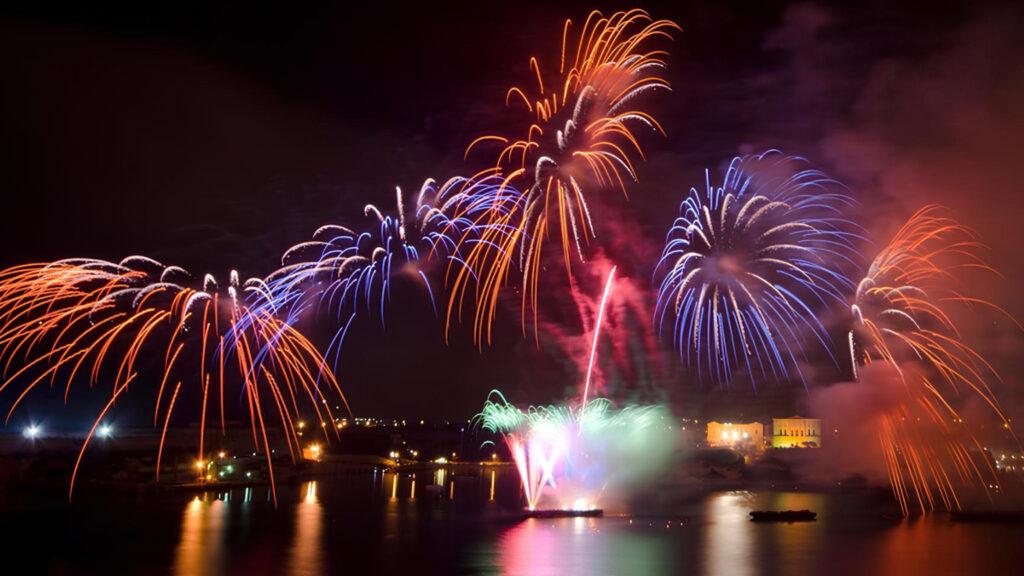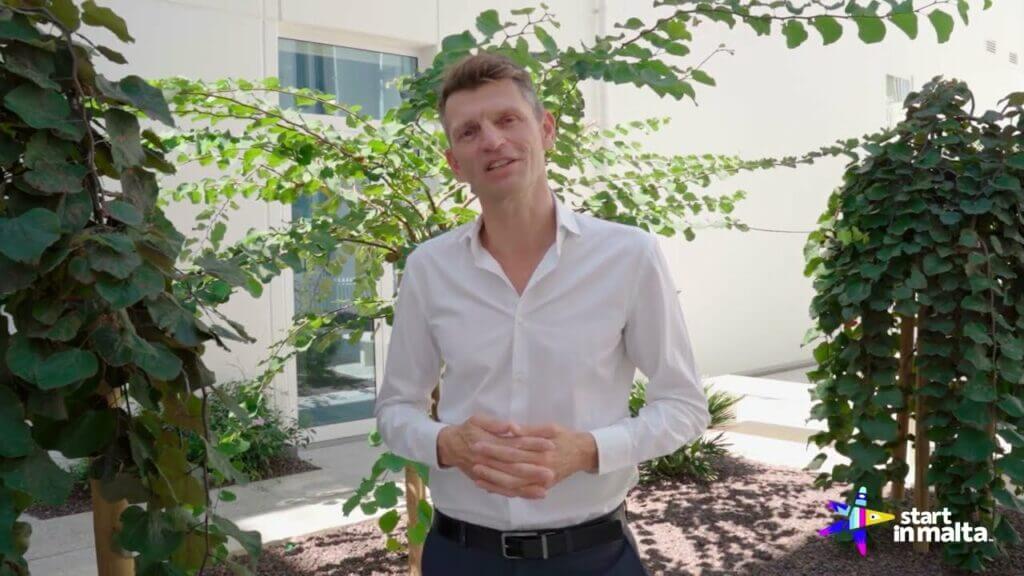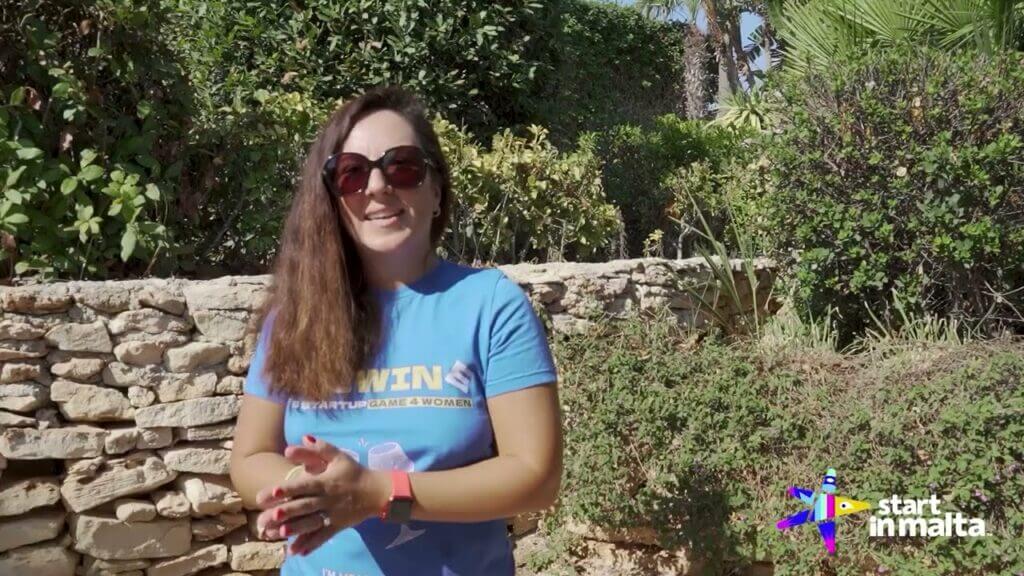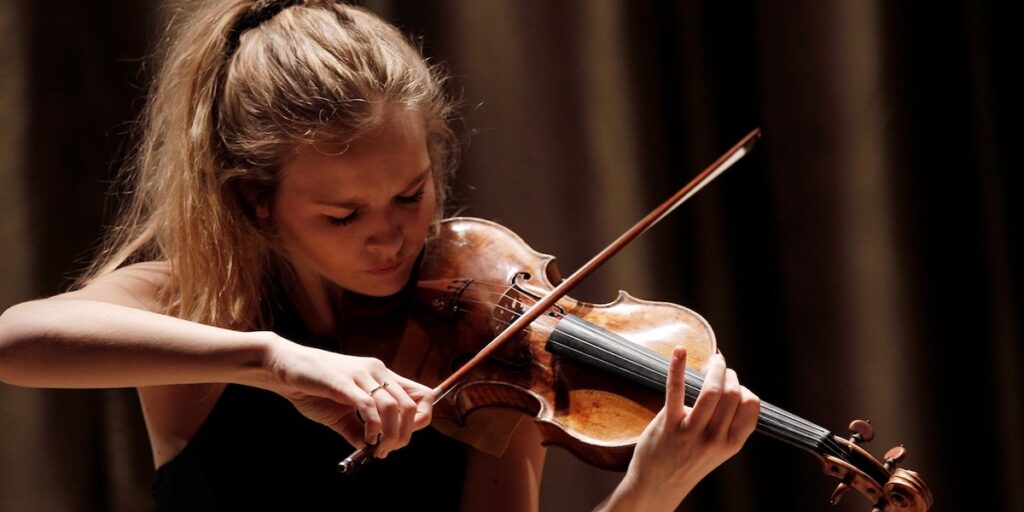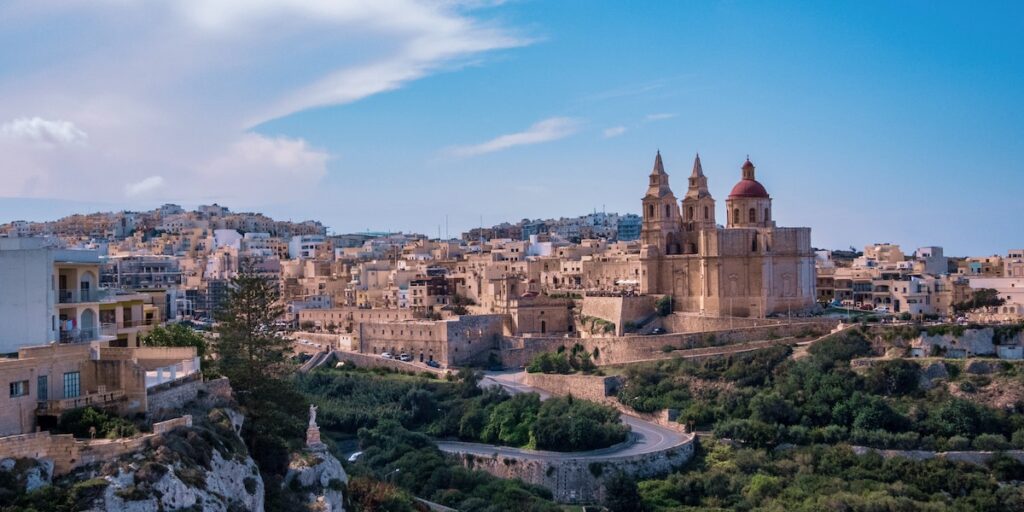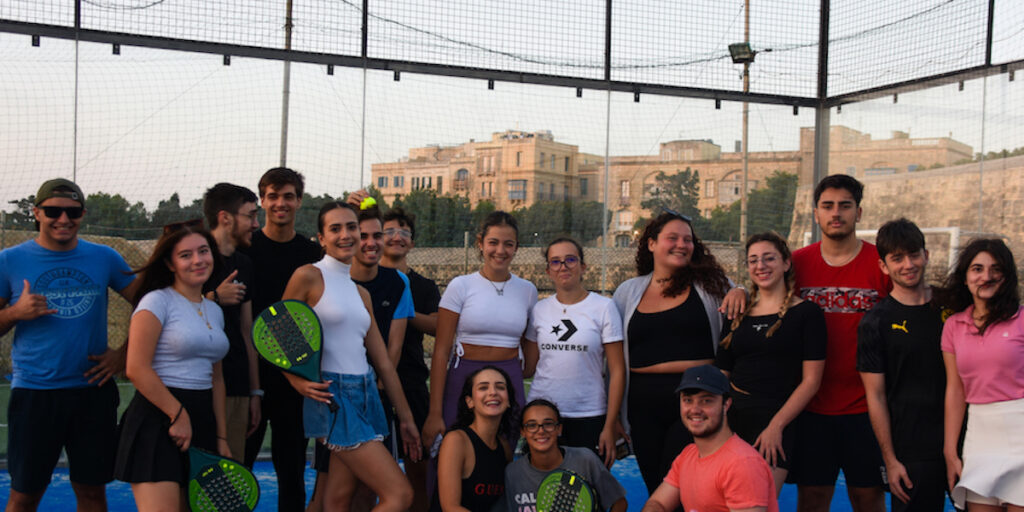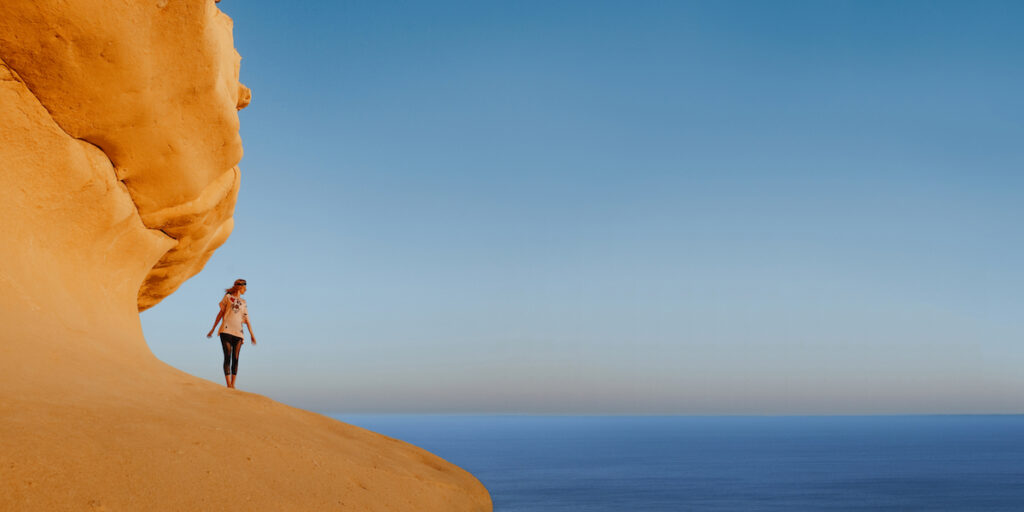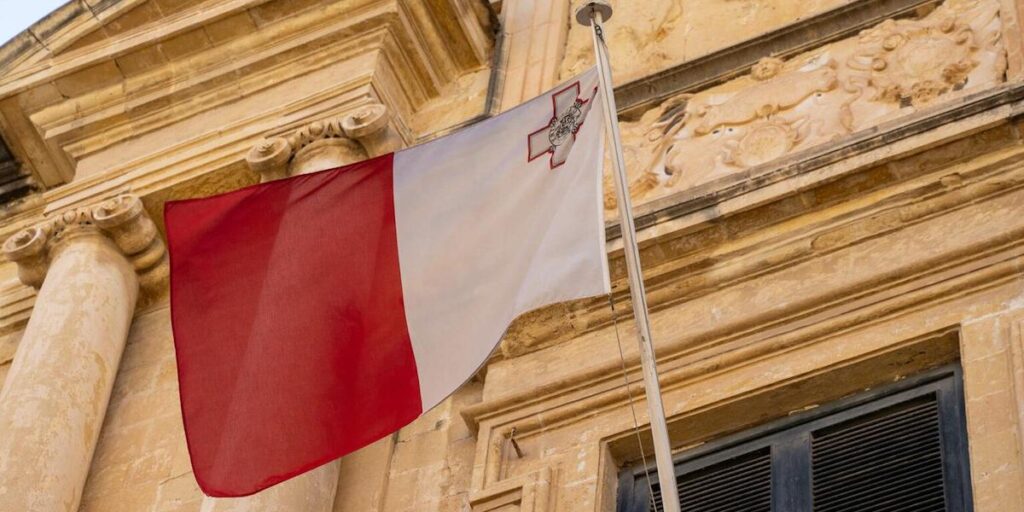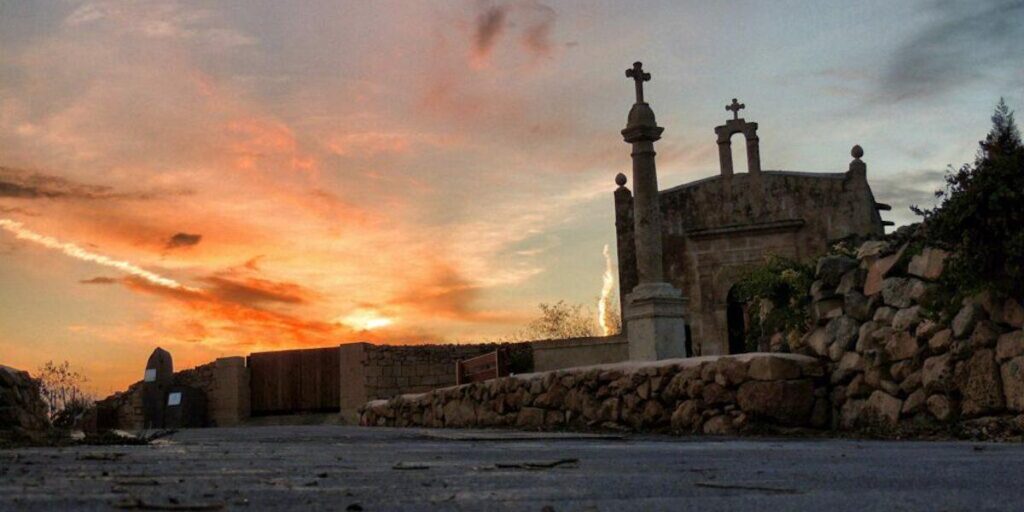The Leopold Quarter is an area of Brussels, Belgium. Here stand some of the EU’s foremost institutions such as the European Parliament, Commission and of course, Dar Malta. Simultaneously the permanent representation of Malta to the EU and the Maltese embassy to Brussels, it is the cultural hub of all things Maltese in Belgium. It is frequented by Maltese diplomats and expats, who ponder on and define the question of national identity. We asked a few what Maltese identity meant to them as nationals living abroad.

A Definition of Maltese Identity
The conversations largely fit a pattern. Malta’s Ambassador to Belgium, Clint Tanti, summarized this pattern with a definition of national identity. He suggested that a nation is defined by:
“a common set of values and shared experiences, which can be cultural and historical”.
So, what are these values and how do they come from common experiences? Many pointed at history to answer this question.
“Malta has a chequered history having been conquered by nations from completely different cultures”, according to EC Policy Officer, Patricia de Gray.
This is in part due to Malta’s strategically significant location. The foreign presence on the island reflects in the language. It is also arguably the cause of many social and economic hardships, especially during the World Wars. These, in turn, have built the Maltese character.
Language and Accent
Consul Omar Agius’s first thought was language. Mr. Agius and Ambassador Tanti revealed that they both speak Maltese at home and at work, as well as with their families. Many of Dar Malta’s visitors find comfort in communicating in Maltese when conducting their affairs to connect them to their home.
Dar Malta takes efforts in teaching the language to expats’ children via language focused events, and a children’s library. The library contains books of different reading levels and displays drawings by students of the European schools in Brussels. Additionally, the consul pointed out that much like Malta’s culture, its people’s mannerisms and accent is friendly and convivial.
Shared Experiences
The experience in question is not only cultural events such as regional Festas. It is also the weather, cultural tastes and attitude to family. National identity expresses itself in daily life. Because of this, many Maltese experience holidays the same way.
Take Christmas as an Example
Christmas is a time for an abundance of family and food. Nativity scenes or crib building and showcases are central to the holiday, with or without religious meaning. Because of the Mediterranean heat, a Maltese home, on the island or elsewhere, will rarely have a real Christmas tree. Instead, a more durable, plastic one is popular.
Attitudes like this are where expression of identity is most evident. Mr. Agius, for example, referred to a “real summer” for a Maltese person meaning a hot summer by the seaside, with coastal barbecues, festas and friends.
Shared experience could even be as simple as coming from the same place. President of the Maltese in Belgium Association, Franklin Mamo, suggested that the size of the nation and its geographical seclusion from the rest of the world impacts the way the Maltese see the world.
It “makes you curious about the world, highly adaptable and […] a bit guarded and protective”. Mamo continues to say that Malta, given its small size, is a “point of reference” to which external experiences are compared to “favorably or not”.
National identity often also has a sentimental aspect of keeping up with friends and family who are a standing connection with the country. To Mamo, checking in with this network of “family, friends, former colleagues and acquaintances” and hearing the latest news from them is a ritual he has never neglected when abroad.
Food
An evolving aspect of Maltese identity is food. Mr. Agius suggested that, reminiscent of their childhood, the Maltese adore snacks like cheeselets, 90 cent pastizzi, twisties and Kinnie. The very successful Maltese Independence Day reception this September, which served food like bigilla and galetti, proved this. Ambassador Tanti pointed out that Maltese cuisine is evolving to also include fine dining. Malta is rediscovering its own cuisine, based on pride and sophistication to cater to all levels of dining experiences.
Maltese Societies Worldwide
Malta has a history of migration, in many waves. Because of this, some countries have a larger Maltese base than others. In countries like the UK, Australia or the US, where the Maltese communities are older (due to early waves of migration), the communities themselves push cultural events. Some even have rival social clubs.
Countries like the Benelux, however, have fresh migrant bases. In these countries, “social activity is closely related to EU activities”, according to Franklin Mamo. Mr. Agius continued that in Belgium, for example, Maltese expats leave social events to the Embassy to organize. Once organized, however, the demand and response are fantastic.
The Embassy continues to show this with their events such as the Immanuel Mifsud poetry reading last February and visit of President George Vella on November 7. The embassy expects the same warm reaction at the upcoming events, like an exhibition by Professor Grech, on Monday November 27. Both the Ambassador and Consul find that each event brings a different demographic together, whether that be artists, foodies or simply patriots.
Needless to say, the Maltese identity abroad is alive and well. More than that, it is evolving. With the right nurture, it has the potential to create a lasting impact.
